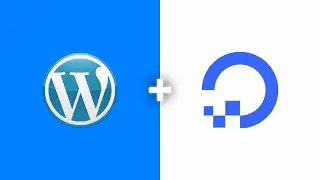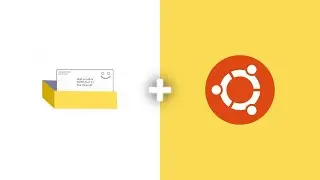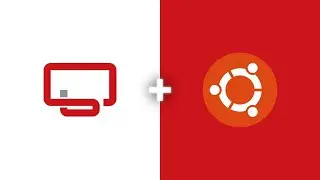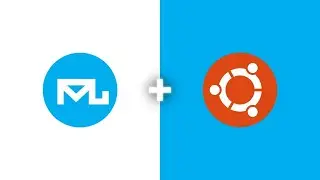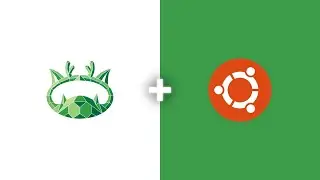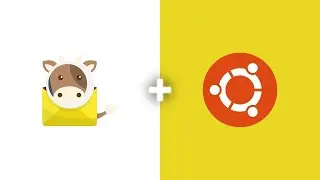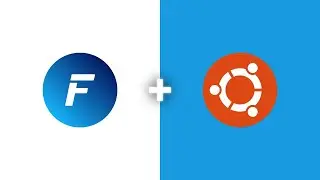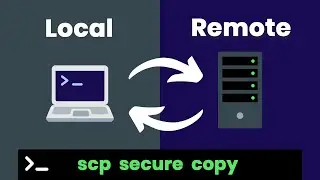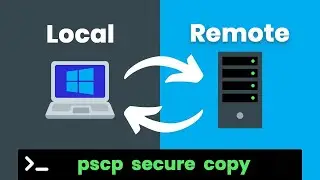How to Setup Proxy in Google Chrome
In this video, I'll guide you through the process of setting up a proxy on Google Chrome using the Proxy SwitchyOmega extension. Proxies act as intermediaries between your device and the internet, providing an extra layer of privacy and security. I'll explain the fundamental concept of proxies, draw comparisons between VPNs and proxies, and highlight the advantages of opting for private proxies. If you're keen on enhancing your online privacy or navigating internet restrictions, this step-by-step guide is tailored for you. By the end of the video, you'll have a clear understanding of how to configure the Proxy SwitchyOmega extension for Chrome, giving you better control over your proxy settings. This tutorial is ideal for those seeking a reliable and secure method to utilize proxies for a more private online experience.
👉What is Proxy?
A proxy is an intermediary server or application that acts as a buffer between a user's device and the internet. It facilitates communication by forwarding requests from clients to servers and vice versa. There are various types of proxies, including forward proxies used by clients to access the internet anonymously or bypass restrictions, reverse proxies that optimize server performance and enhance security, transparent proxies that intercept network traffic without client configuration, anonymous proxies that hide user IP addresses, SSL/TLS proxies for secure connections, web proxies for HTTP traffic, and SOCKS proxies that handle various types of communication. Proxies serve purposes such as improving performance, enhancing security, and providing anonymity, but their improper use may pose security risks.
👉What is the difference between VPN and Proxy?
A VPN (Virtual Private Network) is a comprehensive privacy solution that encrypts the entire internet connection of a device. It creates a secure tunnel between the user's device and the VPN server, encrypting all the data that passes through it. This encryption ensures that third parties, such as hackers or internet service providers, cannot intercept or monitor the user's online activities. VPNs not only hide the user's IP address but also encrypt all data transmitted over the internet, providing a high level of security and privacy. VPNs are commonly used for secure remote access to corporate networks, bypassing censorship, and ensuring privacy on public Wi-Fi networks.
On the other hand, a proxy acts as an intermediary server between a user's device and the internet. Proxies can be configured for various purposes, such as accessing content anonymously, bypassing geo-restrictions, or improving performance by caching frequently accessed resources. While proxies can provide some level of anonymity by hiding the user's IP address, they typically don't encrypt the entire internet connection. Proxies are often used on a per-application basis, and users need to configure their devices or applications to use a proxy.
⭐Offers⭐
🎁Apply "SAHIL" Promo Code to Get Flat 20% off all Proxies: https://bit.ly/3OVfXH4
✅For any further queries or suggestions, feel free to message or email on:
👉Email: [email protected]
👉WhatsApp: +1 (307) 393‑9729
✅You can follow and contact me on social media as well:
👉Medium: http://bit.ly/3TXwcVj
👉Quora: https://bit.ly/40R8dtn
👉Github: http://bit.ly/3TZdnBk
#ProxySetup #ChromeExtension #SwitchyOmega
Смотрите видео How to Setup Proxy in Google Chrome онлайн, длительностью часов минут секунд в хорошем качестве, которое загружено на канал Technical Sahil 25 Февраль 2024. Делитесь ссылкой на видео в социальных сетях, чтобы ваши подписчики и друзья так же посмотрели это видео. Данный видеоклип посмотрели 2,468 раз и оно понравилось 16 посетителям.








